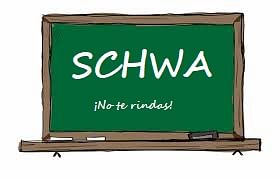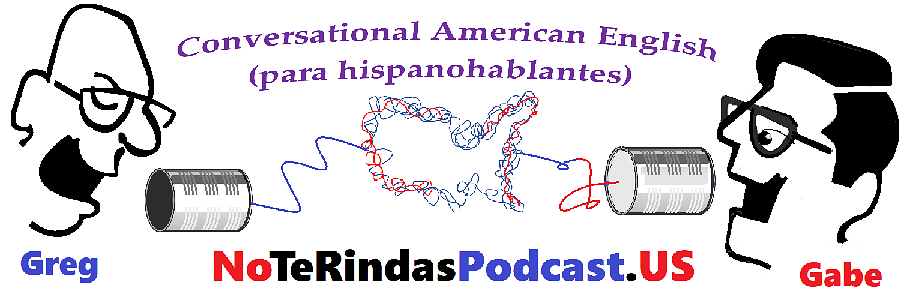
Escucha nuestro podcast en inglés para mejorar tu comprensión auditiva.
In episode 31 of Listen, Smile, Y ¡No Te Rindas! Podcast, we interview influential English teacher Astrojoc (Astro José) and ask him about his journey of learning and teaching English while living in Venezuela. One of the things that is so inspiring about Astrojoc is that he has learned to be fluent in English and has even learned to sound like a native English speaker, in part by his use of the schwa sound, which we discuss and give examples of in the episode.
Wikipedia has an excellent article on the schwa, and we'll put a small portion of it below:
***
In English, schwa is the most common vowel sound. It is a reduced vowel in many unstressed syllables especially if syllabic consonants are not used. Depending on dialect, it may be written using any of the following letters:
⟨a⟩, as in about [əˈbaʊ̯t] - pronounced "uh-bout," not "a-bout"
⟨e⟩, as in taken [ˈtʰeɪ̯kən] - pronounced "tay-kuhn," not "tay-ken"
⟨i⟩, as in pencil [ˈpʰɛnsəl] - pronounced "pen-suhl," not "pen-sill"
⟨o⟩, as in memory [ˈmɛməɹi] - pronounced "meh-muh-ree," not "meh-moh-ree"
⟨u⟩, as in supply [səˈpʰlaɪ̯] - pronounced "suh-plai," not "soo-plai"
⟨y⟩, as in sibyl [ˈsɪbəl] - pronounced "sih-buhl," not "sih-bil"
unwritten, as in rhythm [ˈɹɪðəm] - pronounced "rih-thuhm," not "rih-thm"
See: https://en.wikipedia.org/wiki/Schwa for the full article in English. Visit https://es.wikipedia.org/wiki/Schwa for a short article about the Schwa in Spanish.
***
In our episode, Astrojoc shares his suggestions for improving English and has some great ideas about things we can to improve our English even if we don't have a lot of time or someone to have conversations with in English.





